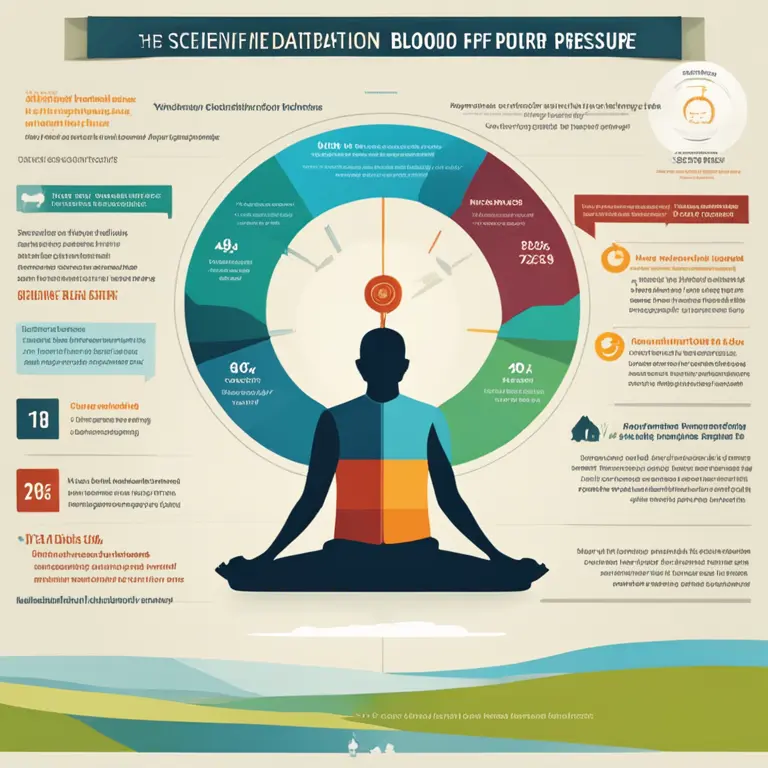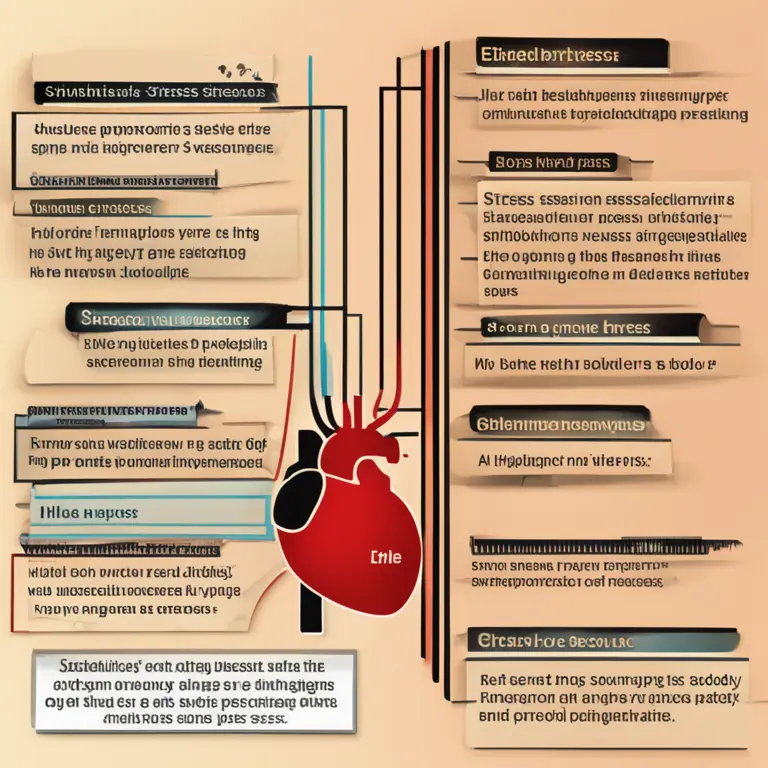
Meditation and Blood Pressure: A Calm Connection
Discover how regular meditation can contribute to lowering blood pressure and enhancing overall heart health in this insightful article.
article by Hina Kurosawa
Meditation: A Brief Introduction
Meditation is an age-old practice embraced across diverse cultures for its mental, spiritual, and physical benefits. It typically involves a set of techniques to focus the mind and achieve a state of relaxation and inner peace. Common methods include mindfulness, deep breathing, and visualization, among others. In our fast-paced world, meditation is gaining traction not only for stress relief but also for its potential impact on various health issues, including hypertension.

The Link Between Stress and Blood Pressure
Stress is a well-known contributor to high blood pressure, which, in turn, is a significant risk factor for heart disease and stroke. When the body experiences stress, it produces a surge of hormones that temporarily increase blood pressure by causing your heart to beat faster and your blood vessels to narrow. Chronic stress can lead to sustained high blood pressure issues, necessitating lifestyle changes to manage the condition effectively.

Meditation as a Blood Pressure Regulator
Emerging research over recent years has linked the practice of meditation to blood pressure reduction. Studies suggest that regular meditation may cause the body's response to stress to change, potentially leading to a decrease in the hormones that elevate blood pressure. It can help the body relax, causing the heart rate to slow and blood vessels to open up, which can lower blood pressure over time.

Scientific Evidence Supporting Meditation
Several clinical trials and meta-analyses have pointed towards the positive effects of meditation practices, including those developed by the American Heart Association. By 2024, consistent results show that individuals partaking in meditation can experience modest reductions in systolic and diastolic blood pressure. Moreover, these benefits are observed across various forms of meditation, suggesting a versatile approach to managing hypertension.

Incorporating Meditation into Daily Life
While meditation should not replace medical treatment for high blood pressure, it can serve as a valuable adjunct therapy. Starting with just a few minutes a day can be beneficial, and gradually increasing to longer sessions can amplify the results. The beauty of meditation is that it can be practiced anywhere, anytime, making it a highly accessible tool for health maintenance and stress management.
Long-term Perspective on Meditation Practices
Long-term commitment to meditation can amplify its health benefits. Consistency is crucial, as the stress-reducing and blood pressure-lowering effects accumulate over time. Individuals who integrate meditation into their long-term wellness routines are more likely to experience sustained improvements in their cardiovascular health, signifying the enduring power of this ancient practice in modern day well-being.
Consultation with Healthcare Professionals
Before adopting any new practice as part of a health regimen, it is essential to consult with healthcare professionals, especially for those with hypertension. Personalized medical advice ensures that meditation and other lifestyle interventions are safe and effective in conjunction with traditional treatments prescribed for high blood pressure.
Published: 1/14/2024
Modified: 1/15/2024
More predictions
Come back here soon to learn more about yourself and your future


Easing Loneliness with Meditation
Discover how mindfulness meditation can provide solace and connection to mitigate feelings of loneliness, enhancing emotional and mental well-being.


Harmonizing Life with Meditation Mantras
Delve into the transformative power of meditation mantras to align mind, body, and spirit for a harmonious existence.


Mindfulness Meditation Basics for First Graders
Introducing foundational mindfulness meditation practices to instill calm and focus in first-grade students.